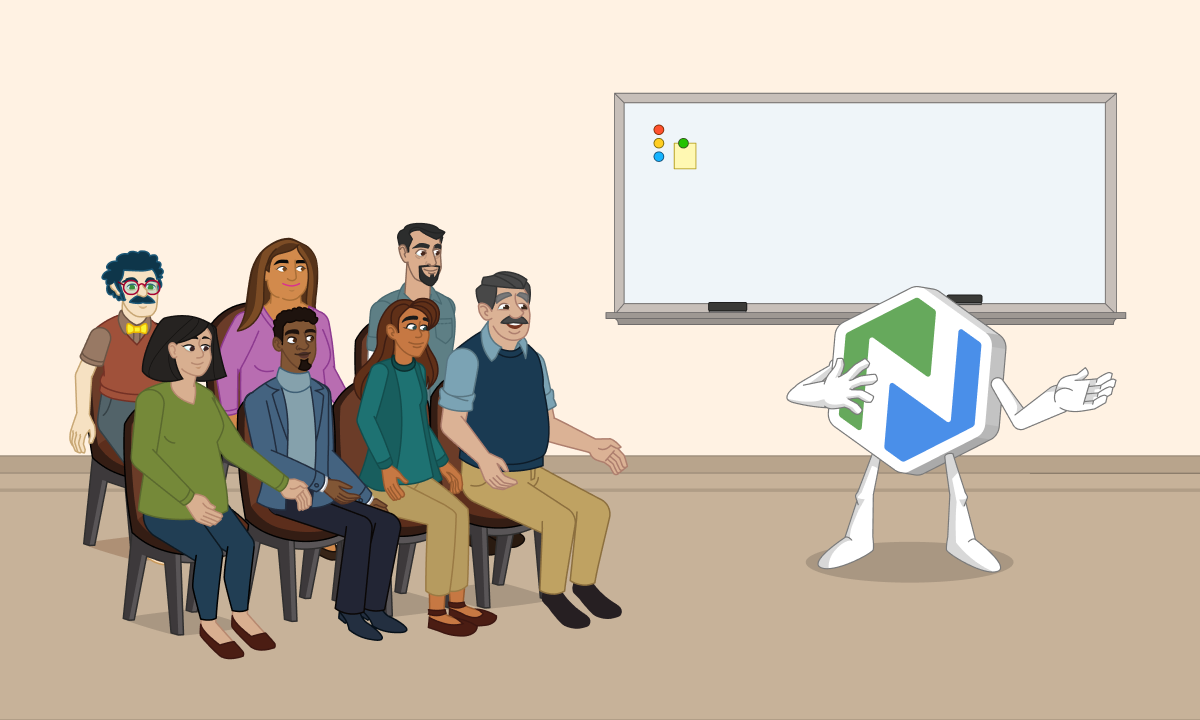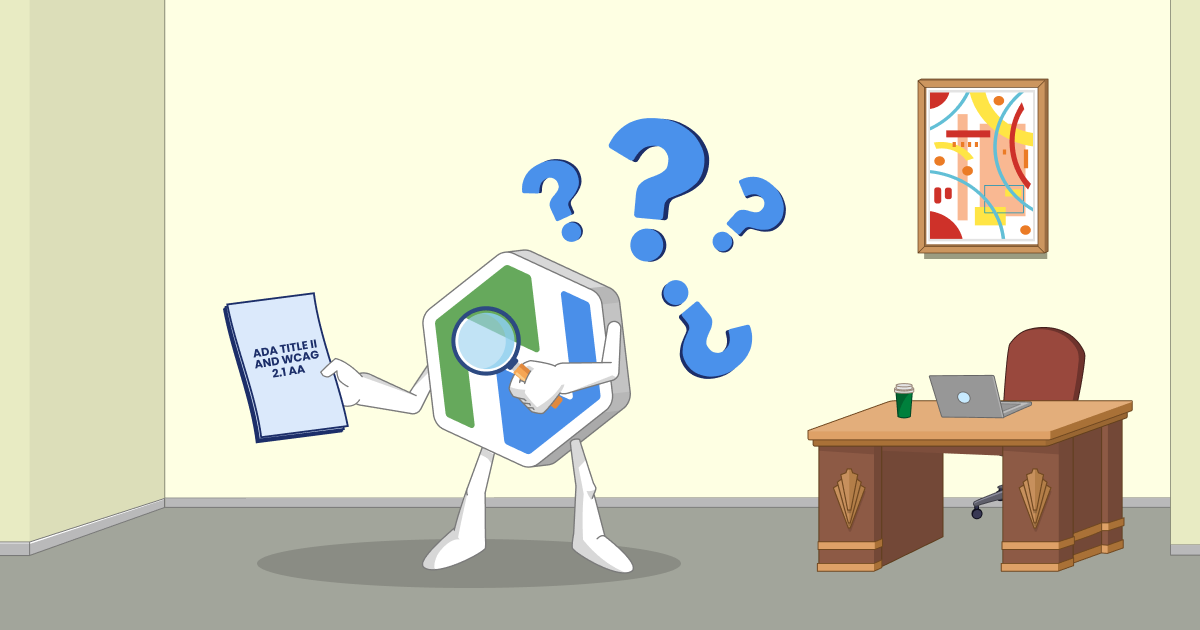5 Myths About Library Relevance
Are books dead? Are libraries irrelevant? Here are a few library relevance myths that I’ve encountered recently.

At this point, those of us in the library world are familiar with many myths about the relevance of libraries in a digital world. Among politicians and the citizenry at large you’ll commonly hear a narrative that runs something like this:
- A library is a building full of books.
- Books are dead.
- Libraries are irrelevant.
While a story like that does pose a threat to the future of libraries, it’s not the most serious threat we face. I would argue that we face a much greater threat from the myths cherished by many library insiders. These, I think, are the real barrier to the rebranding and rethinking that are necessary for the future of libraries.
Here are a few library insider myths that I’ve encountered:
Library Relevance Myth #1: “Books are not going away”
Reality: This is false when it is used as a shorthand for “we can just keep doing what we’re doing.” Print is a diminishing medium. The LJ Materials Survey 2015 shows a continued downtrend in printed book circulations.
While printed books won’t completely disappear any time soon, we need to match our spending patterns to real needs in our communities.
Library Relevance Myth #2: We just need to offer more digital content
Reality: Just because it’s digital doesn’t mean it’s up to date or relevant or meets a real need. Publishers do sell digital content that is not competitive with alternative solutions. We need to be on the lookout for those alternatives so that the customer (patron) experience is first class.
Library Relevance Myth #3: Our eBook subscriptions will save us
Reality: It’s true that eBook circulations are seeing impressive gains, and they certainly merit investment, but we need to be careful not to put too many eggs in that basket. EBooks are just one of the ways that libraries provide essential educational services.
Local education programs may prove much more important in the long run in building customer relationships and proving the library’s value--programs that help people get job skills, learn English, or develop early literacy skills, for example. There is also a real question whether libraries will be able to provide a cost-effective and convenient eBook experience that competes favorably with alternative eBook sources over the long term.
Library Relevance Myth #4: We need more DVDs because that’s what people are coming to the library to get
Reality: The days of DVDs are numbered. The quality and quantity of content available on streaming media services like Netflix has seen huge gains in recent years. It seems clear that DVDs are headed the way of VHS cassettes and laserdiscs before them.
Library Relevance Myth #5: We can’t force people to use library services
Reality: While this sounds true in a strictly literal sense, it is false when it bespeaks a defeatist frustration with big changes in the world of information and education. Some traditional library services are slipping into obsolescence. Yet despite the changes, every community still has education needs that the library is in a perfect position to fulfil.
Libraries that listen and watch their own communities carefully will find those needs. They’ll find the partners they need to help meet those needs. They’ll promote their services and resources in ways that entice, not force, their customers. Such libraries already exist in many places and they are beloved in their communities. They are relevant. And their future is secure.

.png)
.png)

.png)
.png)

.png)
.png)

.png)
.png)
.png)